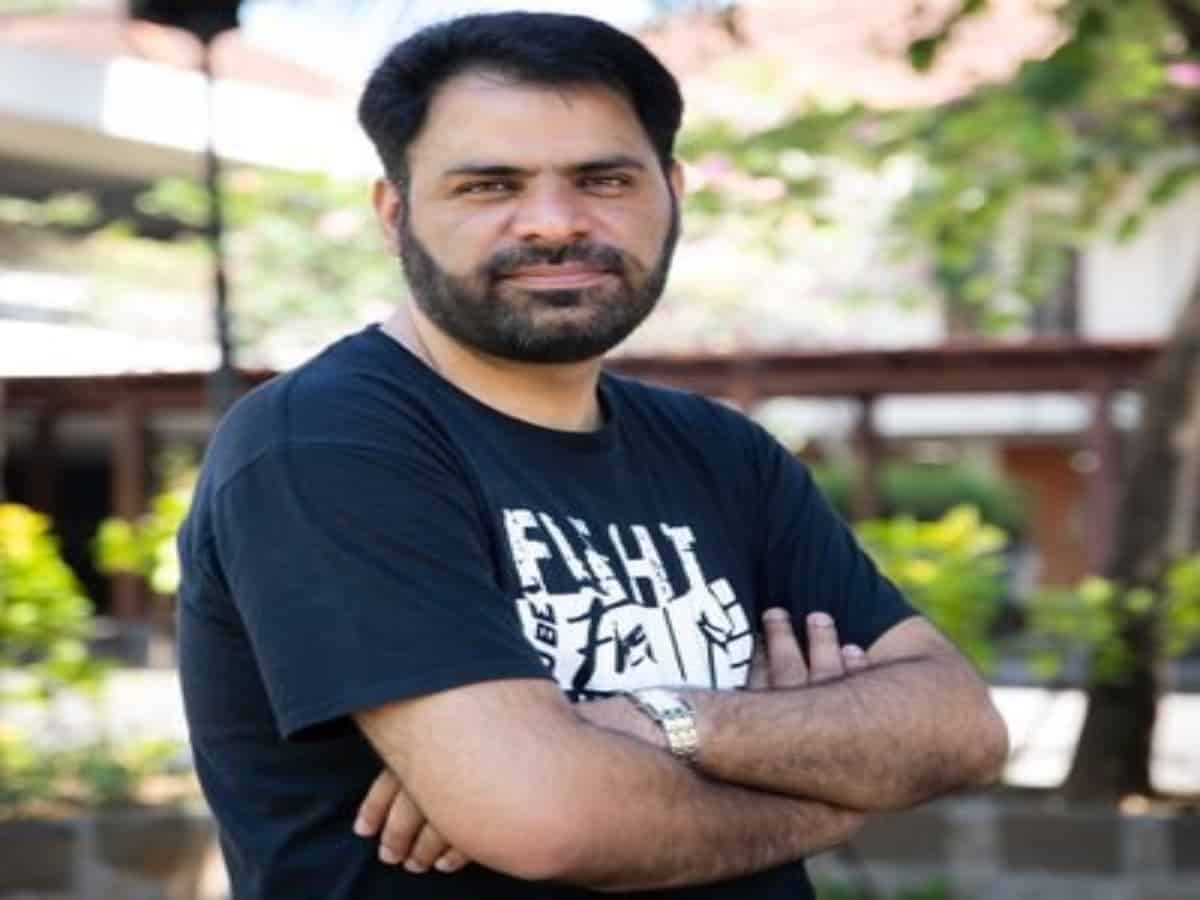The arrest of Kashmir-based human rights activist Khurram Parveez by the National Investigation Agency’s (NIA) in Srinagar has now triggered a cloudburst of global criticism from different institutions and organizations. He was arrested on November 22 in connection with a terror funding case filed under the draconian anti-terror law, Unlawful Activities (Prevention) Act (UAPA), and various sections of the Indian Penal Code (IPC).
The National Confederation of Human Rights Organisations (NCHRO) on Sunday joined the United Nations and other human rights bodies worldwide to condemn the arrest of Khurram Parvez and demanded his immediate release.
“The charges against him are tactics to silence defenders of human rights and prevent others from speaking up. His arrest must not be seen in isolation but as part of the larger assault on human rights in Kashmir and all over India,” the NCHRO said in a statement.
“We urge every justice-loving individual and organisation to demand the immediate release of Khurram Parvez and come forward against the growing assault on human rights in India,” it added.
Aside from activists and human rights bodies, Parvez’s detention has been unanimously condemned by famous writer Noam Chomsky, UN Special Rapporteur on Human Rights Defenders, Mary Lawlor, and Amnesty International who all sought his immediate release.
On November 27, dozens of students gathered at the University of Oxford and demanded Parvez’s release. ” We urge the international community to pressure the Indian state to stop the atrocities in Kashmir and also release Khurram Parvez, a prominent human rights defender,” stated a press release issued by the protesting students.
Earning international accolades, forty-four-year-old Khurram has long been a leading figure in the field of human rights and activism in Kashmir. With a relatively small but dedicated team of experts and his organisation ‘Jammu Kashmir Coalition of Civil Society (JKCCS)’ founded in 2000, he has contributed tremendously in highlighting the rights abuses in Kashmir and produced a plethora of work on human rights violations, including disappearances, tortures and mass graves substantiated by solid evidence and research.
However, his relentless efforts and work cost him heavily, as he lost his leg to a landmine blast while monitoring elections in northern Kashmir in 2004.
In 2016, Parvez was booked under the controversial, globally known as the black law – the Public Safety Act, and was released after 76 days of prison. His arrest had come a day after he was barred from travelling to Switzerland to participate in a session of the UN Human Rights Council.
Now, Parvez has again been thrown behind bars by the NIA in a terror funding case, which many say is most likely a concocted story in order to prevent him from working on the human rights issues.
Parvez is the chairperson of the Asian Federation Against Involuntary Disappearances (AFAD) and the programme coordinator of the Jammu Kashmir Coalition of Civil Society (JKCCS).

